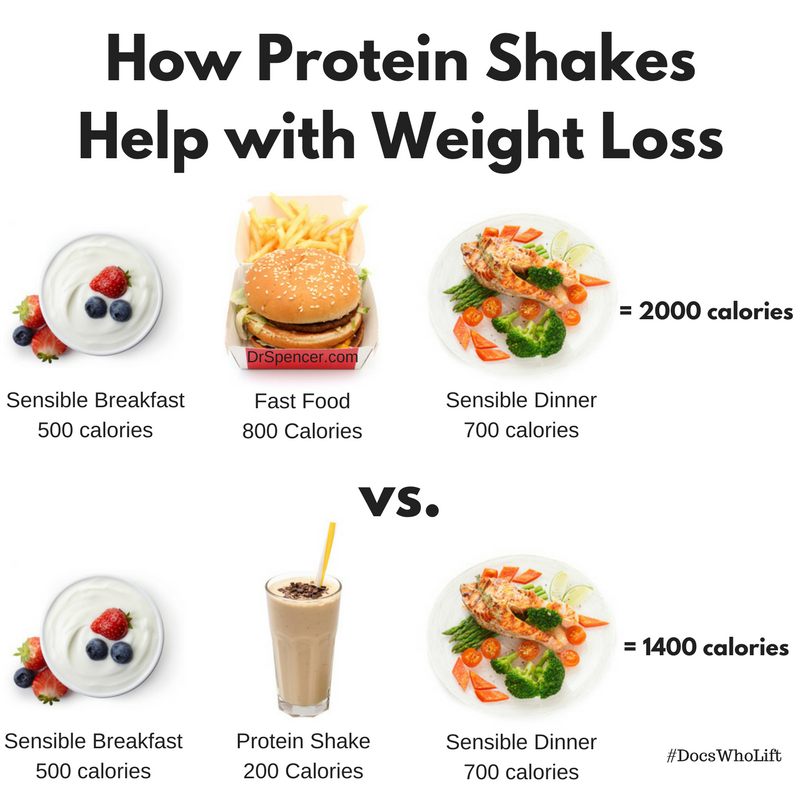
In the world of weight loss and nutrition, protein is often touted as a key player in helping individuals shed excess pounds. However, there are many myths and misconceptions surrounding the role of protein in weight loss. In this article, we will debunk some of these myths and reveal the facts about how protein can actually aid in weight loss.
Myth: Eating Too Much Protein Will Make You Gain Weight
One common myth about protein is that consuming too much of it will lead to weight gain. However, this is not necessarily true. While it is true that excess calories from any source can contribute to weight gain, protein is actually more satiating than carbohydrates or fats, which can help control appetite and prevent overeating.
Fact:
Research has shown that increasing protein intake can actually help individuals lose weight by promoting feelings of fullness and reducing overall calorie intake. In fact, studies have shown that a higher protein diet can lead to greater weight loss and fat loss compared to lower protein diets.
Myth: Protein Only Comes from Animal Sources
Another common myth is that protein can only be obtained from animal sources such as meat, poultry, and dairy. While animal sources of protein are important for many individuals, there are also plenty of plant-based sources of protein that can help individuals meet their daily protein needs.
Fact:
Plant-based sources of protein such as beans, lentils, nuts, seeds, and tofu can provide all the essential amino acids needed for optimal health. These plant-based proteins can also be lower in saturated fat and cholesterol compared to animal proteins, making them a heart-healthy choice for individuals looking to lose weight.
Myth: You Need to Consume Protein Shakes or Supplements to Lose Weight
Many weight loss programs and products promote the use of protein shakes or supplements as a way to boost protein intake and promote weight loss. While protein shakes can be a convenient option for some individuals, they are not necessary for weight loss and can be expensive and unnecessary for many people.
Fact:
It is entirely possible to meet your daily protein needs through whole foods alone, without the need for supplements or shakes. In fact, whole food sources of protein such as lean meats, fish, eggs, dairy, legumes, and grains can provide a wide range of essential nutrients in addition to protein, making them a more nutritious choice for long-term weight loss success.
Conclusion
In conclusion, protein plays a vital role in weight loss by helping individuals feel full, reducing overall calorie intake, and promoting fat loss. While there are many myths and misconceptions surrounding protein and weight loss, the facts show that a diet rich in protein can be beneficial for individuals looking to shed excess pounds. By incorporating a variety of protein sources into your diet and focusing on whole, nutrient-dense foods, you can harness the power of protein to achieve your weight loss goals. Remember, balance and moderation are key, so be sure to consult with a healthcare professional or registered dietitian to develop a customized nutrition plan that works best for you.